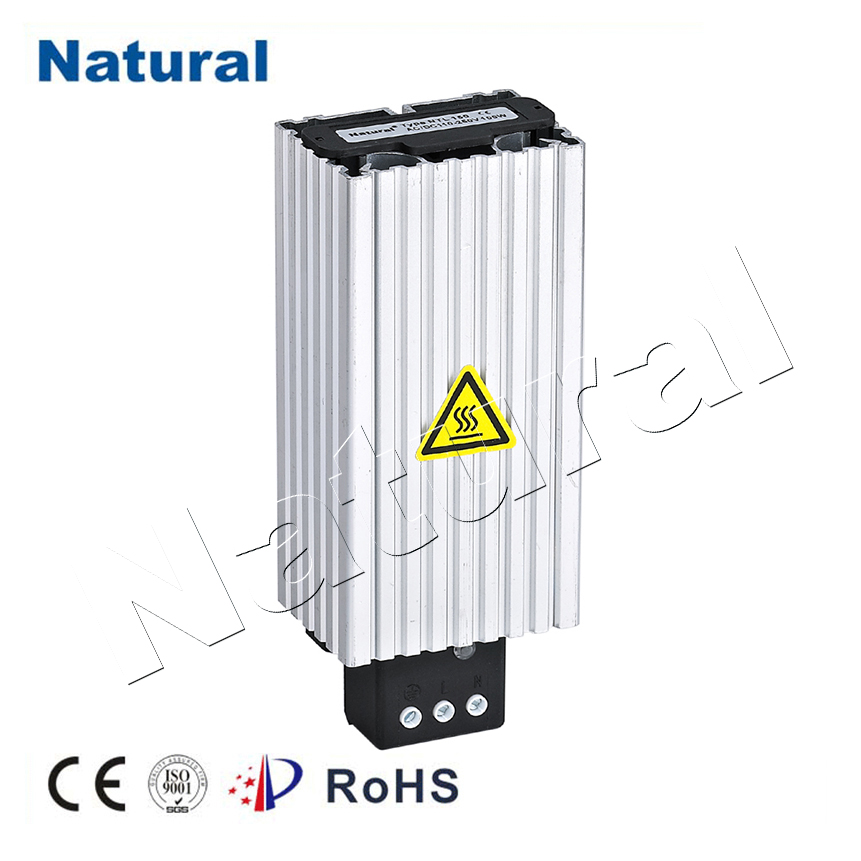Industrial heaters play a vital role in today’s manufacturing processes, providing the necessary heat for various applications across a wide range of industries. From melting metals to curing materials and maintaining specific temperatures, these heaters are indispensable. In this article, we will explore the importance of industrial heaters, their types, and their applications in modern manufacturing.

Types of Industrial Heaters Industrial heaters come in various types, each tailored to specific applications. Here are some of the most common types: Immersion Heaters: These heaters are submerged directly into liquids, such as water or oil, to heat them. They are commonly used in water heating systems, chemical processing, and food production. Cartridge Heaters: Cartridge heaters consist of a heating element enclosed in a metal sheath. They are versatile and can be used for applications like plastic molding, die heating, and packaging equipment. Infrared Heaters: Infrared heaters emit infrared radiation to heat objects or surfaces directly. They are efficient for applications like paint curing, cooking, and plastics processing. Ceramic Heaters: Ceramic heaters are known for their rapid heating capabilities and are used in applications like semiconductor manufacturing, electronics, and aerospace. Band Heaters: These heaters wrap around cylindrical objects like pipes or nozzles. They are used for applications such as plastic extrusion and pipe heating. Space Heaters: Space heaters are often used in industrial facilities to provide localized heat in workspaces or to prevent freezing in cold environments. Applications in Modern Manufacturing Industrial heaters find applications in various industries, contributing to the efficiency and quality of manufacturing processes: Metallurgy: In the metallurgical industry, industrial heaters are crucial for melting metals, annealing, and heat treating. Electric arc furnaces and induction heaters are commonly used for these purposes. Chemical Processing: Immersion heaters and circulation heaters are essential for maintaining precise temperatures in chemical reactors and storage tanks, ensuring product consistency and safety. Plastics and Rubber: Cartridge heaters and band heaters are used for extrusion, molding, and curing processes in the plastics and rubber industries, helping create a wide range of products, from automotive components to consumer goods. Food Production: In the food industry, heaters are employed for cooking, baking, and sterilization. Infrared heaters are often used for fast and efficient cooking processes. Electronics Manufacturing: Precision is key in electronics manufacturing. Ceramic heaters are used for soldering, while temperature-controlled processes rely on circulation heaters for accurate results. Aerospace and Aviation: Industrial heaters are employed for composite curing, ensuring the structural integrity of aircraft components. Precise temperature control is vital for these applications. Pharmaceuticals: The pharmaceutical industry relies on industrial heaters for processes like drying, sterilization, and chemical reactions in drug production. Efficiency and Sustainability Modern industrial heaters are designed with energy efficiency in mind. Advanced controls, insulation, and materials contribute to reduced energy consumption, lowering operational costs and environmental impact. Additionally, the integration of renewable energy sources, such as solar and wind, is becoming more common in industrial heating systems, aligning with sustainability goals. In conclusion, industrial heaters are indispensable in modern manufacturing, providing the necessary heat for a wide range of applications across various industries. As technology continues to advance, these heaters will play an even more significant role in enhancing efficiency, precision, and sustainability in manufacturing processes. Their versatility and adaptability ensure that industrial heaters will remain a cornerstone of industrial production for years to come.